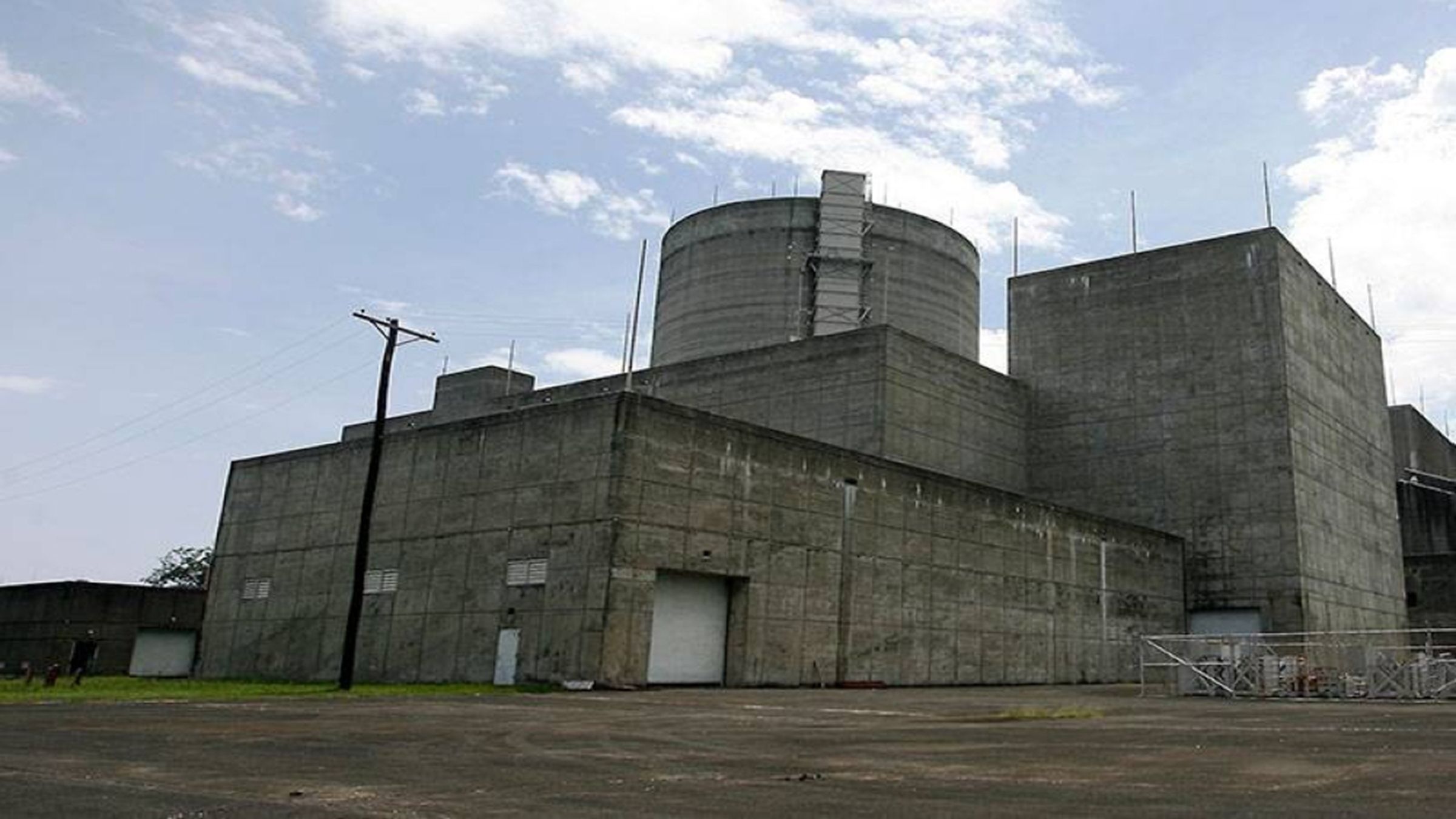The Department of Energy sets out to conduct a final study on the Bataan Nuclear Power Plant to ensure if it is safe to use in the Philippines.
The Department of Energy (DOE) will hire an independent firm to assist the agency in determining the viability of the dormant Bataan Nuclear Power Plant (BNPP) once and for all as the Philippines continues to scrounge for suitable and affordable energy sources in pivoting away from pollutive energy like coal.
DOE Undersecretary Sharon Garin said that the agency wants to make sure that the BNPP is safe to operate should the government decide later on to revive it.
Studies and assessments have already been made but are done by different companies or possible suppliers, Business Mirror reported.
“What we can possibly do is do a third party assessment and also for the departments that we have, or the bureaus that we have like PNRI [Philippine Nuclear Research Institute], the DOE can do the study also.” Garin added.
However, she made it clear that Bataan is not the only way to go. To ensure that the people are safe, a regulatory and legislative legal framework is needed.
DOE may tap its 2023 budget to finance the conduct of a third-party assessment to ensure it is safe to use.
“If it is safe, we can start deciding who will operate.” Garin said.
BNPP history
The 620-megawatt (MW) BNPP is the country's first and only nuclear-power development attempt. It was to be the first of two nuclear plants planned for the northern province of Bataan. It was also Southeast Asia's first nuclear power plant, and it was identified as a solution to the 1973 oil crisis, which had harmed the global economy, including the Philippines.
However, the project was shelved in the aftermath of the Chernobyl disaster in 1986, due to overpricing and kickback allegations. However, the BNPP's reopening was revived during the 1990s power crisis and the skyrocketing oil prices in 2007.
During these times, the DOE was on the verge of reconsidering nuclear power as a potential source of energy for the country. But then the Fukushima nuclear power plant disaster occurred in 2011, causing global panic and raising concerns about nuclear plant safety and integrity.
The Duterte administration has embraced nuclear energy with the issuance of Executive Order (EO) No. 164 entitled, “Adopting a National Position for a Nuclear Energy Program, and for other Purposes.”
The EO says that nuclear power will be used as a viable alternative to baseload power sources, along with alternative resources, to address the projected decline of coal-fired power plants, which are facing increasing environmental opposition.
The DOE has already prohibited new coal power projects in the country.
DOE also has identified potential locations for small modular reactors (SMR). These could be in Palawan, Zamboanga, or elsewhere in Mindanao.
“The basic fundamental is what is safest as to geography, where there is no fault line. So, it will be in the west side. There are some areas that are not connected to the grid that can also be potential for small and modular as this will give them a more stable base load.” she said.
The Philippines and the United States (US) initially discussed a civil nuclear cooperation agreement that would serve as the legal foundation for US nuclear equipment and material exports to the Philippines.
The agreement is consistent with the US "commitment" to collaborating with the Philippines to "increase energy security and deploy advanced nuclear reactor technology as quickly as safety and security conditions permit to meet the Philippines' dire baseload power needs."
On the plus side, nuclear energy produces carbon-free electricity along with other environmental benefits. It requires a small amount of land to operate and is an excellent source of reliable baseload power for the electric grid.
On the negative side, nuclear is a non-renewable source of energy, nuclear plants have a high upfront cost, and nuclear waste and nuclear plant operation in general pose some environmental and health challenges.
As a result, it is critical to conduct a final study on the BNPP if it is safe to operate in the Philippines.
Tags: #BNPP, #DOE, #Nuclear

